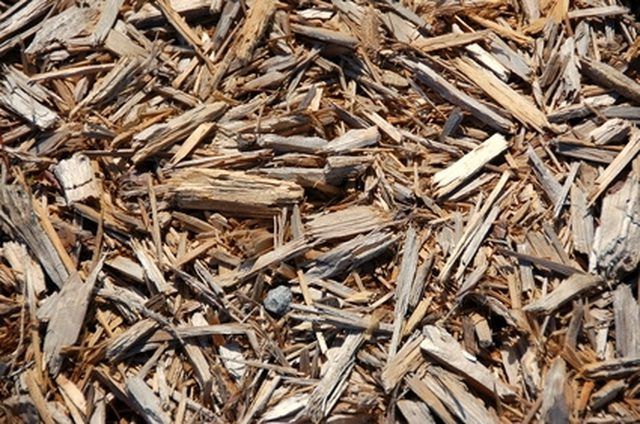Bulbs
Flower Basics
Flower Beds & Specialty Gardens
Flower Garden
Garden Furniture
Garden Gnomes
Garden Seeds
Garden Sheds
Garden Statues
Garden Tools & Supplies
Gardening Basics
Green & Organic
Groundcovers & Vines
Growing Annuals
Growing Basil
Growing Beans
Growing Berries
Growing Blueberries
Growing Cactus
Growing Corn
Growing Cotton
Growing Edibles
Growing Flowers
Growing Garlic
Growing Grapes
Growing Grass
Growing Herbs
Growing Jasmine
Growing Mint
Growing Mushrooms
Orchids
Growing Peanuts
Growing Perennials
Growing Plants
Growing Rosemary
Growing Roses
Growing Strawberries
Growing Sunflowers
Growing Thyme
Growing Tomatoes
Growing Tulips
Growing Vegetables
Herb Basics
Herb Garden
Indoor Growing
Landscaping Basics
Landscaping Patios
Landscaping Plants
Landscaping Shrubs
Landscaping Trees
Landscaping Walks & Pathways
Lawn Basics
Lawn Maintenance
Lawn Mowers
Lawn Ornaments
Lawn Planting
Lawn Tools
Outdoor Growing
Overall Landscape Planning
Pests, Weeds & Problems
Plant Basics
Rock Garden
Rose Garden
Shrubs
Soil
Specialty Gardens
Trees
Vegetable Garden
Yard Maintenance
Rubber Mulch Problems
Rubber Mulch Problems. If you have been to your local garden center recently, you may have seen that it is now carrying mulch made from used car tires. Rubber mulch is widely considered to be a pest-free, safe and environmentally conscious alternative to standard wood mulches, and for the most part it is. However, several studies by universities...

If you have been to your local garden center recently, you may have seen that it is now carrying mulch made from used car tires. Rubber mulch is widely considered to be a pest-free, safe and environmentally conscious alternative to standard wood mulches, and for the most part it is. However, several studies by universities around the country have indicated that rubber mulch may not be all it is cracked up to be.
Odor
Rubber mulch distributors have taken great steps toward dyeing and shredding the rubber mulch so that it closely resembles the look of real mulch. However, one of the first problems noted about rubber mulch is its odor. Although the product is not usually malodorous, many users, including the South Carolina Department of Transportation, have noted that on hot, humid days the mulch can have a very strong odor.
Effect on Flowering Annuals
Rubber mulch creates another problem on hot days: heat reflection. In its study of the product, the South Carolina Department of Transportation noted that annual flowering plants in sunny areas did not survive because of the heat coming from the mulch. To be fair, heat retention is also a concern with traditional wood mulches. However, these traditional wood mulches do not necessarily reflect heat as much as they retain it, and proper application can help avoid heat-stressing plants.
Weed Control
One of the most traditional uses for mulch, apart from moisture and soil temperature control, is weed control. Rubber mulch does control weed growth, but only to a degree. In fact, comparison studies conducted at a number of institutions, including Washington State University, have found that rubber mulch is less effective at controlling weed growth than traditional wood mulch.
Cost
If you have ever noticed rubber mulch at your local garden center, you may have also noticed how costly it is. There are several reasons for this, but most important to consumers is that rubber mulch is supposed to last longer than traditional mulches. The South Carolina Department of Transportation noted that the mulch would have to last four to five years in order to be cost-effective. However, there are other cost concerns to keep in mind when deciding between the two. (See the article in the References section by Nature's Way Resources for a cost comparison.)
Chemical Leaching
One of the biggest recorded problems with rubber mulch is that as it decomposes it releases chemicals into the ground that can pose a serious threat to the environment. One of the most cited studies was undertaken at Washington State University. It found that the leachate from car tires is deadly to aquatic organisms such as algae, snails and fish. Additionally, the study noted that the leachate could contain a high concentration of zinc, a heavy metal that can accumulate in many plant species and cause problems, including plant death.